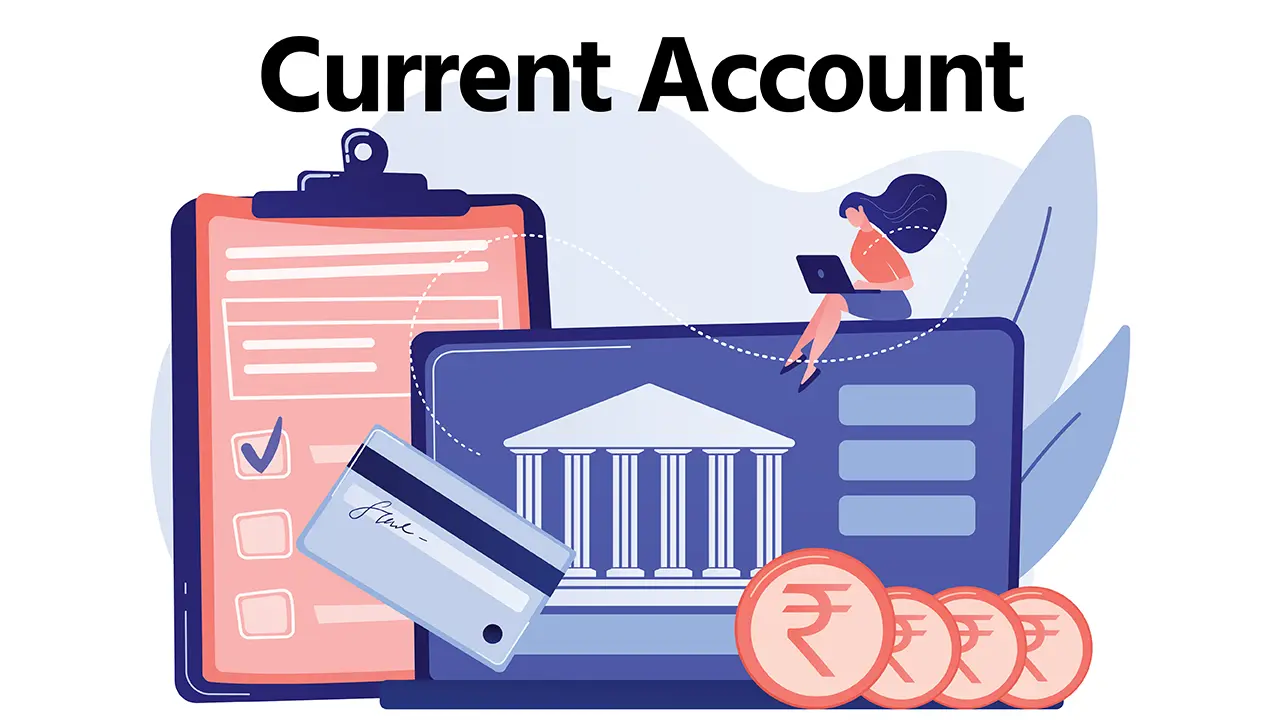
Exploring the Advantages and Disadvantages of Current Accounts
- by Pankaj
When considering opening a bank account, you typically have two choices: a savings account or a current account. Although current accounts are often associated with businesses, individuals starting new ventures may also find them beneficial. To help you decide whether a current account is right for you, let’s explore the advantages and disadvantages of current accounts in detail. By understanding these factors, you can make an informed choice that best suits your needs.
Advantages of Current Accounts
Unlimited Transactions
One of the primary advantages of a current account is the ability to conduct unlimited transactions each day. This feature is particularly valuable for businesses with high transaction volumes. Whether it’s transferring funds, accepting payments, or managing deposits and withdrawals, a current account facilitates smooth and efficient financial operations.
Flexible Deposit Options
Current accounts offer the flexibility of making deposits without any limits, which is crucial for businesses dealing with large amounts of cash. While there may be fees associated with deposits made at branches other than the home branch, the absence of an upper limit provides significant convenience. This flexibility is especially useful for businesses with multiple locations or frequent travel.
Overdraft Facilities
Many current accounts come with overdraft facilities, which act as a financial cushion during periods of low cash flow. This allows businesses to withdraw funds even if the account balance is zero, providing essential support for operational or financial commitments. Overdrafts function as short-term loans, which can be repaid once the financial situation improves.
Advanced Banking Services
Current accounts typically offer advanced banking services, such as online and mobile banking. These features enable businesses to manage their accounts, conduct transactions, and monitor financial status from anywhere in the world using a smartphone or computer. This accessibility enhances convenience and efficiency in managing business finances.
Designed for High-Volume Transactions
Current accounts are specifically designed to handle high volumes of transactions, making them ideal for businesses of any size. Whether you run a large corporate enterprise or a small growing business, a current account can accommodate your financial needs effectively.
Cheque and Payment Facilities
Current accounts usually provide extensive cheque facilities, which are essential for business transactions. Cheques can be used to pay suppliers, contractors, employees, and cover other business expenses. Additionally, direct payment methods like NEFT, RTGS, and IMPS facilitate instant and secure transactions.
Tailored for Liquidity and Security
Businesses dealing with large sums of money find current accounts particularly advantageous for securing funds. Depositing money into a current account reduces the need to handle physical cash, minimizing the risk of theft. Furthermore, current accounts offer liquidity, allowing you to withdraw money as needed, which is crucial for maintaining a healthy cash flow.
Disadvantages of Current Accounts
No Interest Earnings
Unlike savings accounts, current accounts typically do not earn interest on the balances maintained. This can be seen as an opportunity cost, especially if significant amounts of money are held in the account. Businesses miss out on potential income that could be generated through other investment options, as funds in a current account remain idle.
High Minimum Balance Requirements
Many current accounts require maintaining a high minimum balance, which can be challenging for small and medium-sized enterprises, particularly startups. Falling below the minimum balance often results in hefty penalties, creating additional financial pressure. Managing this requirement demands careful balance management, potentially diverting focus from core business activities.
Service Fees
Current accounts often come with relatively high service fees, including charges for checkbooks, account maintenance, and transaction processing. These fees can accumulate, particularly for businesses with frequent transactions, leading to substantial overhead costs. Understanding and managing these fees is essential for maintaining financial health.
Operational Burdens
The process of opening and managing a current account can be complex and time-consuming. The paperwork, terms, and conditions can be burdensome, potentially diverting attention from primary business operations. The intricate documentation required can make the setup process more cumbersome compared to other types of accounts.
Limitations on Free Services
While current accounts offer numerous benefits, they often come with limitations on free services such as checkbooks and demand drafts. Exceeding these limits incurs additional charges, which can add to operational expenses. Additionally, a GST number is required to open a current account, which may be a barrier for some businesses.
Final Thoughts
In conclusion, understanding the advantages and disadvantages of current account can help you make an informed decision about whether it is the right choice for your financial needs. Current accounts offer numerous benefits, such as unlimited transactions, flexible deposits, and advanced banking services, making them suitable for businesses with high transaction volumes. However, they also come with certain drawbacks, including no interest earnings, high minimum balance requirements, and service fees. By weighing these factors, you can determine the best type of account to meet your personal or business requirements.
When considering opening a bank account, you typically have two choices: a savings account or a current account. Although current accounts are often associated with businesses, individuals starting new ventures may also find them beneficial. To help you decide whether a current account is right for you, let’s explore the advantages and disadvantages of current…
